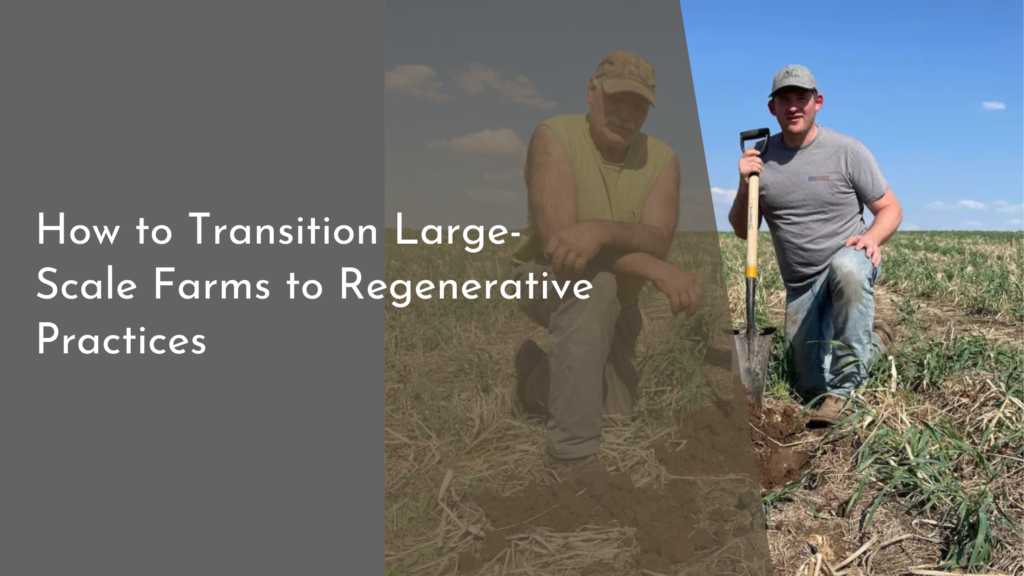Composting with Kids: Fun and Educational Activities
Introducing children to composting can be a delightful and educational journey. By engaging young minds in the process of recycling organic waste into nutrient-rich soil, we not only teach them valuable scientific concepts but also instill eco-friendly habits early on. This guide explores the fun and educational activities that make composting with kids an exciting adventure.
Introducing Composting to Young Minds
Composting is a natural process that turns kitchen scraps and yard waste into rich, dark soil. Introducing this concept to children can be both straightforward and fun. Start by explaining the basics: food and plant waste breaks down into something beneficial for the garden. You can use simple language and visual aids like pictures or videos to make the process more relatable. By doing so, children can grasp the importance of reducing waste and the benefits of recycling organic materials.
An engaging way to introduce composting is through storytelling. Create a story around the journey of a banana peel from the kitchen to the garden. This narrative can illustrate how the peel transforms into compost and helps plants grow. By personifying the food scraps, you make the concept memorable and engaging for children. This storytelling approach helps ignite curiosity and sets the stage for more hands-on activities.
Fun Composting Activities for Kids
One of the most enjoyable activities is building a compost bin together. Using simple materials like a plastic storage bin or a wooden crate, kids can personalize their compost bin with paint or decorations. This hands-on project not only involves creativity but also provides a sense of ownership and responsibility. As they add food scraps and observe changes over time, they learn about the cycle of growth and decay in nature.
Another fun activity is the "Compost Scavenger Hunt." Create a list of compostable items, such as vegetable peels, fruit scraps, coffee grounds, and leaves. Encourage kids to find these items around the house or yard. This excitement of hunting for compostable materials helps reinforce the idea of recycling and waste reduction. Plus, it provides an opportunity to discuss which items are compostable and why some things should not go in the compost bin.
Teaching Kids the Science of Decomposition
The science behind composting is fascinating and provides a great chance for kids to learn about biology and chemistry. Explain the role of microorganisms in breaking down organic material. You can use a magnifying glass to examine soil and show them tiny creatures in action. By understanding decomposition, children develop an appreciation for the invisible workers that help create healthy soil.
Another method is conducting simple experiments. Try comparing the decomposition rates of different materials. For instance, bury a piece of bread, a plastic wrapper, and a leaf in the soil, and have children check the progress weekly. This experiment visually demonstrates how some materials break down quickly while others do not decompose at all, further emphasizing the importance of composting and recycling.
Encouraging Eco-Friendly Habits for the Future
Composting with kids is not only about teaching scientific concepts but also fostering lifelong eco-friendly habits. By involving them in regular composting activities, you empower them to make environmentally conscious decisions. Discuss how composting reduces landfill waste and enriches the soil, which in turn supports healthier plant growth and reduces the need for chemical fertilizers.
Encourage children to integrate composting into their daily routines. Simple actions, like separating food scraps from regular trash or maintaining the compost bin, become second nature. These small but meaningful practices cultivate a sense of responsibility towards the environment. As they grow, these habits can extend to other areas of their lives, nurturing environmentally aware individuals who contribute to a sustainable future.
Composting with kids is a rewarding activity that combines education, science, and environmental stewardship. By introducing children to the marvels of composting, we equip them with knowledge and habits that can last a lifetime. As they explore the wonders of decomposition and the importance of sustainability, they not only learn about the world around them but also how to care for it responsibly. Let’s nurture a generation of eco-conscious individuals who will continue to cultivate a healthier planet.

